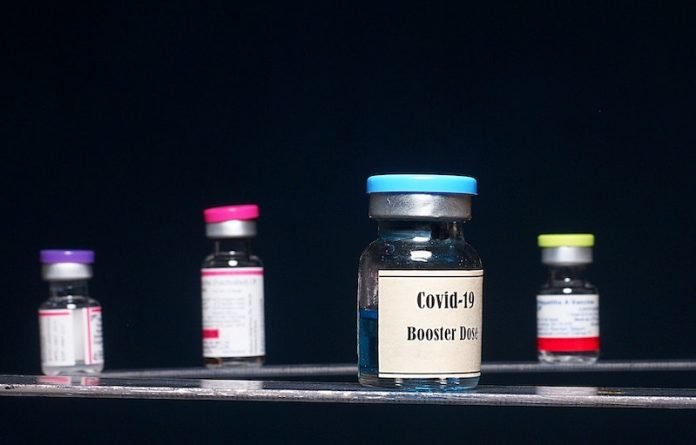
In a study from The Ohio State University, scientists found neutralizing antibody levels against the original COVID-19 virus and omicron variants in vaccinated adults tend to decline by at least 15% per month after a single booster shot.
The result from two adults in the same study who had a dramatic loss in antibodies but received a second booster showed that the second dose completely restored antibodies to protective levels.
The message from the study is clear: If you have a dramatic loss of antibodies from the first booster, you definitely need a second booster to get antibodies back.
In the study, researchers tested serum from 46 health care professionals who had received the initial two-dose mRNA vaccine course and, later, one booster shot between one and nine months before their antibody levels were tested against the parent SARS-CoV-2 virus and the most dominant omicron variants, including BA.5, among recent and current infections.
The team also had access to samples from two vaccinated health care workers who had received the second booster shot.
The researchers estimated an average rate of decline in neutralizing antibody levels of nearly 18% against the parent virus, 19.5% against the BA.1 omicron variant, 18.4% against BA.2.12.1 and 19.6% against BA.4/5 every 30 days.
Put another way: Neutralizing antibody titers were about 1.7 times higher one to three months after the first booster than the levels detected seven to nine months after the shot, dropping about 50% within 95-108 days.
The declines were slightly less steep in vaccinated health care workers who had also had a COVID-19 infection, but the differences were not significant.
In fact, the data reinforced the need for booster shots even after a COVID-19 infection.
Previous work led by this research group showed the importance of a single booster to maintain protection against SARS-CoV-2, and omicron in particular.
The findings on reduced antibody durability from a single booster come a week after the Food and Drug Administration announced the approval of an updated booster containing components from the original SARS-CoV-2 strain and the BA.4/5 omicron subvariant.
The researchers conducted the cell-culture studies using pseudoviruses—a non-infectious viral core decorated with different SARS-CoV-2 spike proteins on the surface structured to match known mutations.
The method used to detect neutralizing antibodies in the blood samples accounted for the varying concentrations of antibodies produced by people.
If you care about COVID, please read studies about antibodies that block all the COVID-19 variants, and people over 50 years old may get shingles after COVID-19.
For more information about COVID, please see recent studies about people who have best COVID-19 protection, and results showing common asthma drug may help treat COVID-19.
The study was conducted by Shan-Lu Liu et al and published in the New England Journal of Medicine.
Copyright © 2022 Knowridge Science Report. All rights reserved.



